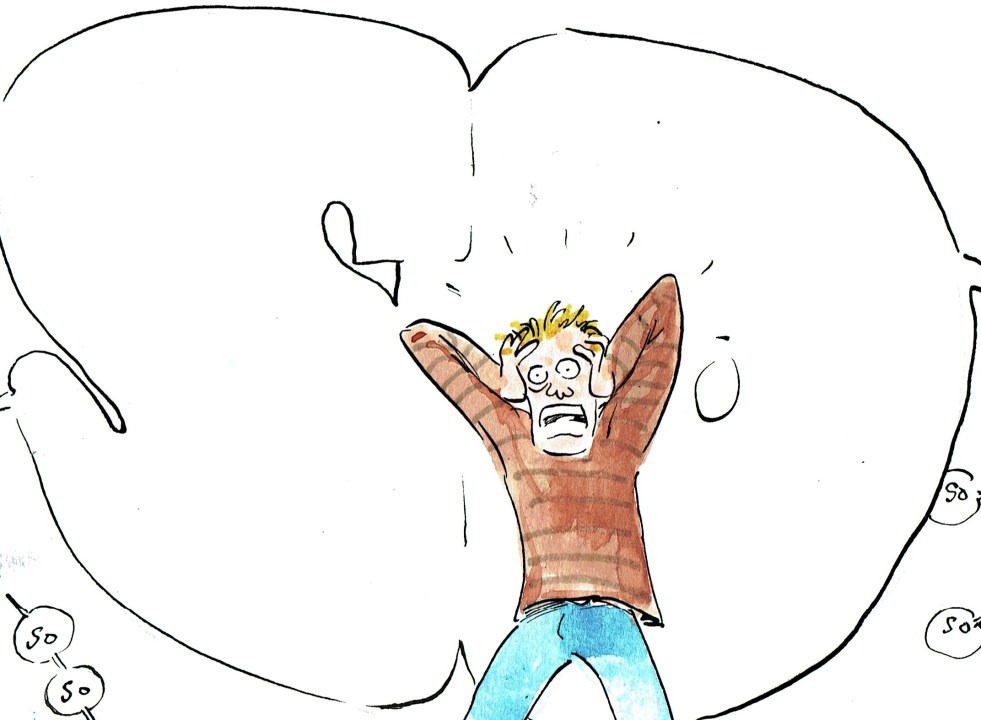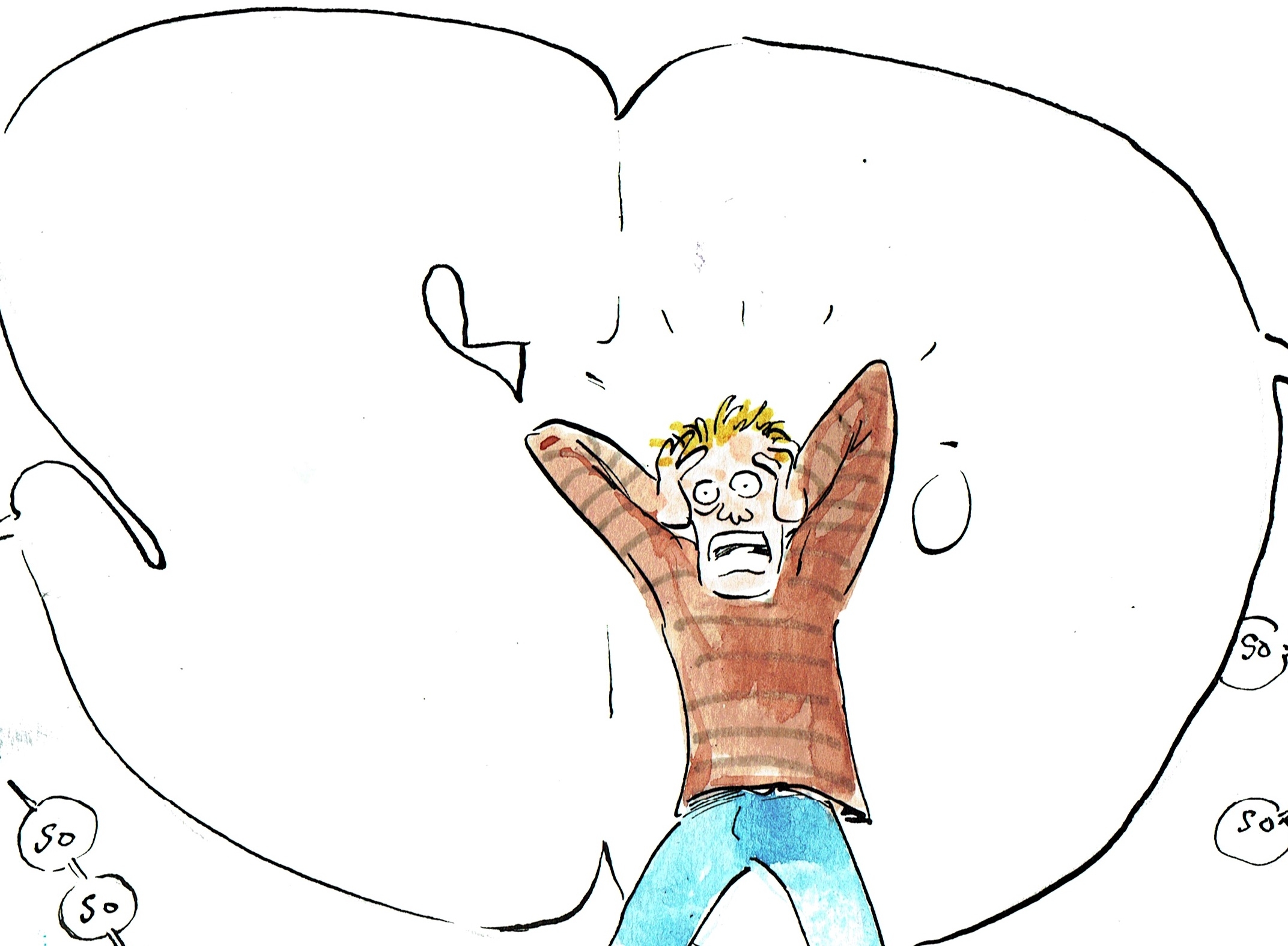Much has been written in these pages about the modern tendency to start sentences with ‘so’. It’s been called an ‘irritating adornment’ portentously announcing the arrival of a new thought but adding nothing to its expression.
I often find myself opening sentences with ‘so’ and I feel entirely relaxed about it.
‘So’ has a long history. Shakespeare’s Duke of Gloucester may not have said: ‘So, now is the winter of our discontent Made glorious summer by this sun of York’ but his Tarquin (in The Rape of Lucrece) had no such linguistic scruples: ‘“So, so”, quoth he, “these lets attend the time, Like little frosts that sometime threat the spring…”’.
And while it may add little to the meaning of sentences, ‘so’ still plays a role. Not every word we use in English is there to contribute to meaning. Some are what linguists call ‘discourse markers’. These help us follow the flow of conversation. They tell us when the speaker is adding to what he’s already said (‘further’, ‘moreover’) or qualifying it (‘however’), when someone is adding emphasis (‘actually’) and when they’re likely to be shutting up (‘Finally…’).
What sort of discourse marker is ‘so’? If ‘further’ and ‘however’ tell us which direction our train of thought should take, ‘so’ is like a guard shouting ‘all change!’ It tells us the speaker is about to express something new.
Using a word to announce you’re about to say something might seem rather modern and self-indulgent. In fact, it’s as old as English itself. Much Anglo-Saxon poetry begins with a single word: ‘Hwæt’. A famous example comes at the beginning of Beowulf, where it’s traditionally translated as ‘Listen!’ or ‘Lo!’, there simply to grab our attention.
While we no longer say ‘hwæt!’ when we want attention, this old usage stays with us in the modern exclamation ‘what!’ or ‘what ho!’, thus linking Beowulf to that other colossus of the English literary canon, Bertie Wooster.
When Seamus Heaney was translating Beowulf, he thought a lot about that single ‘hwæt’. He wanted language he could imagine spoken by men he knew. And thus, the first word he chose was ‘So’:
So. The Spear-Danes in days gone by
and the kings who ruled them had courage and greatness.
We have heard of those princes’ heroic campaigns.
As Heaney put it, conventional renderings of hwæt tend towards the archaic, with ‘lo’, ‘hark’, ‘behold’, ‘attend’ and – more colloquially – ‘listen’ being some of the solutions offered previously. But in Hiberno-English Scullionspeak, the particle ‘so’ came naturally to the rescue: it obliterates all previous discourse and narrative, and at the same time functions as an exclamation calling for immediate attention. So, ‘so’ it was.
Not bad for a two-letter word. But this is only one of the things we can do with ‘so’. For listeners, it’s a useful discourse marker, preparing us for something new. For speakers, ‘so’ often plays another role: that of filler.
Fillers (like ‘so’, ‘um’, ‘well’) are the words we say when we don’t know what to say. Even highly fluent speakers use them, although they may not realise it: we use fillers automatically, when our brains are occupied with what to say next, so we’re often oblivious. (Anyone who has cringed listening to a recording of themselves saying ‘basically’ ten times a minute can attest to this.) I once knew a venerable City lawyer who admitted he owed much of his great professional success to having trained himself to say a lawyerly ‘so’ or ‘well’ whenever he needed to gather his thoughts, rather than the decidedly less lawyerly ‘um’.
‘So’ is powerful enough to move the discussion on from whatever’s been said before. It commands a listener’s attention and yet simultaneously disguises the fact we don’t actually know what we’re going to say next. Far from being a scourge on the English language, it is one of the most useful linguistic flourishes we have.







Comments